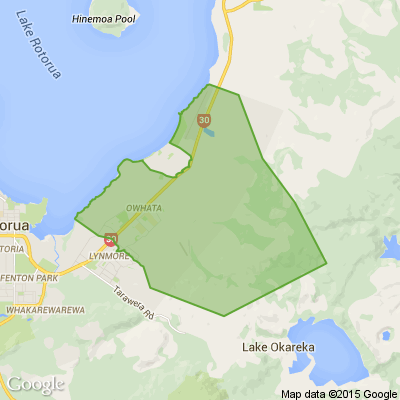What is Fabric Pilling?
Whilst it can be unsightly, pilling is not a fabric defect or flaw.
You’ve no doubt had clothing, furniture or blankets that have developed ‘pills’ over time, or little lint balls, that can make the fabric look worn. This undesired texture is caused by loose or broken fabric fibres that rise to the surface and knot together after being rubbed or subjected to any friction. The loose fibres that are bunched into balls also bring in strands that are still secured to the fabric itself, thus the balls stick around on the exterior. Even though people are dismayed to see pilling on their items, understanding fabric pilling helps to prevent and remove these bothersome balls.
Causes of Fabric Pilling
What does it mean when fabric is pilling? Pilling is a result of normal wear and tear that causes friction on the fabric. Simply wearing clothes, using your couch or otherwise rubbing up against the material gives the possibility of pilling. Washing and drying clothes or fabric can also speed up the pilling process as it causes multiple surfaces to rub together fairly quickly and for a long period of time.
Sometimes you can have pilling that differs in colour to the base fabric as multiple coloured fibres have migrated and twisted together. Although not desired, a little decorative perhaps?
Pilling is more noticeable on synthetic fibres. This is mainly because natural fabrics shed loose fibres easily and naturally slip away so they tend to not become matted into balls. However, synthetic fibres are extremely strong, so it will pill and then remain strongly attached to the fabric.
Keep reading: www.curtainclean.co.nz...

A Neighbourly Riddle! Don’t Overthink It… Or Do?😜
Do you think you know the answer? Simply 'Like' this post if you know the answer and the big reveal will be posted in the comments at 2pm on the day!
If you multiply this number by any other number, the answer will always be the same. What number is this?

Poll: As a customer, what do you think about automation?
The Press investigates the growing reliance on your unpaid labour.
Automation (or the “unpaid shift”) is often described as efficient ... but it tends to benefit employers more than consumers.
We want to know: What do you think about automation?
Are you for, or against?

-
9.6% For. Self-service is less frustrating and convenient.
-
43.4% I want to be able to choose.
-
47% Against. I want to deal with people.
Ready to make the most of retirement?
From hobbies to adventures, there’s so much to enjoy!
- Explore new hobbies like gardening or painting
- Stay active with walking groups or cycling trails
- Learn something new with online courses or local classes
- Give back through volunteering or mentoring
Read the full article and take our fun quiz to find out which activities suit your personality best below!








 Loading…
Loading…





